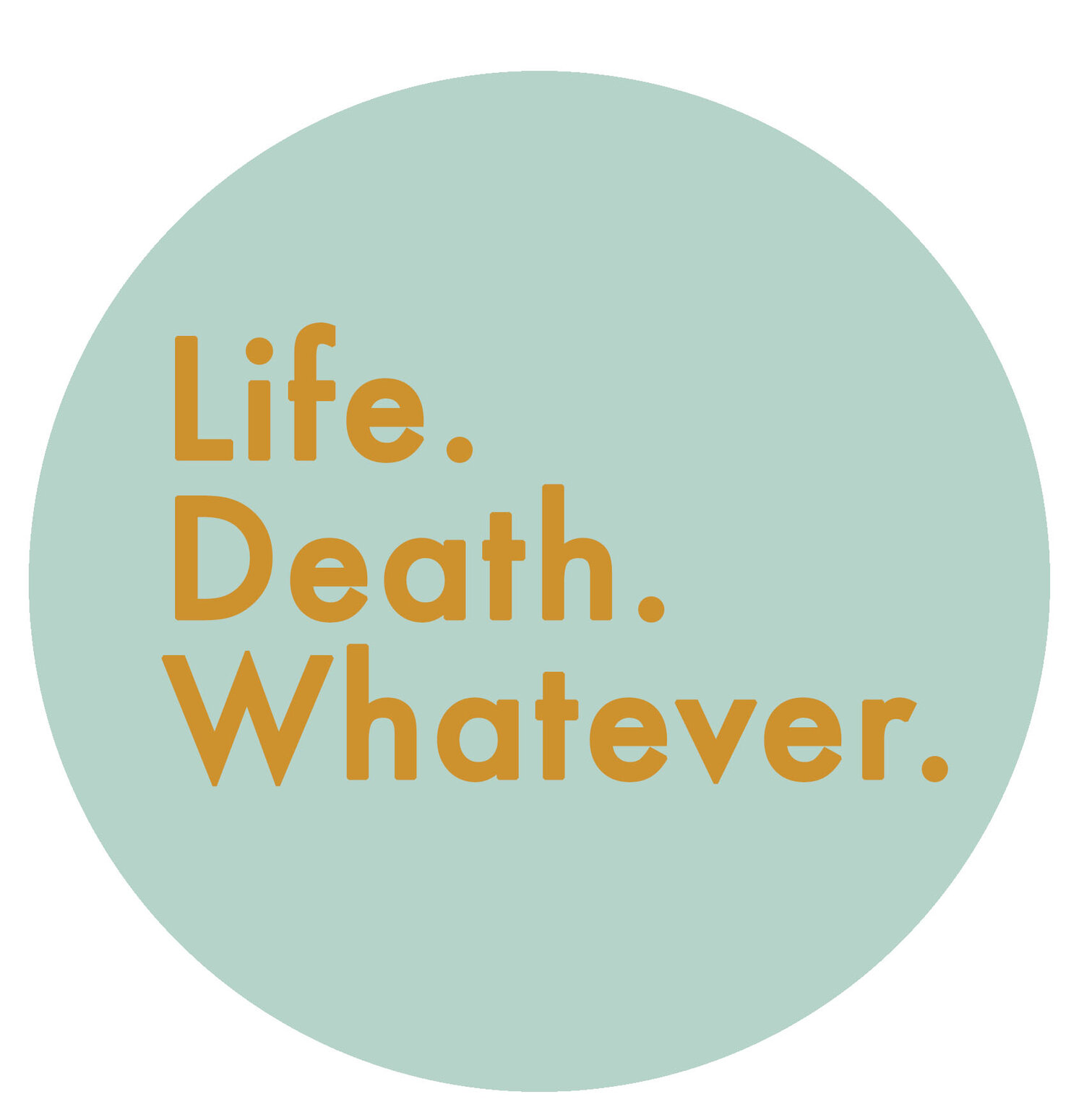By Emma Terranova whose mum lives with Huntington’s Disease
My name Is Emma. I am 29 and have been a paramedic for eight years. I decided to be a paramedic for one reason and one reason only - to be able to look after my Mum if she needed it. My Mum has Huntington’s Disease (HD) – a degenerative, neurological condition which has been described as a combination of Alzheimer’s, Motor Neurone, Parkinson’s, and schizophrenia all combined into one cruel disease.
I was told that my Mum has HD when I was 14 and my sister was 18. It gave me difficult teenage years, but has kept me grounded and taught me a lot about what matters in life. As my Mum’s condition declined, we struggled to get recognition of how difficult the disease was, and struggled to get formal help. This led to my Dad suffering burn out, exhaustion and acute depression from caring for my Mum 24/7. My sister and I also had time out with stress.
This is what I’ve learnt:
1. It’s ok to take a break. You don’t have to feel guilty for enjoying yourself.
2. Grieving is normal, even before someone has died. It’s ok to feel sad.
3. Every carer’s journey is different and no one can understand how you feel. But if someone offers to listen of help, take it, no matter how small the gesture.
4. No matter how strong you think you are, anyone can burn out. Make sure you give yourself your own time.
5. There is so much support online - blogs, journeys to follow. Follow things that inspire you, not things that make you feel rubbish. There are so many in your situation who you’ll be able to relate to.
About Emma Terranova
Emma is the founder of Campaign For My Brain. Through her work and personal experiences, she realised that there is a gap in the recognition of how devastating neurological conditions are, and the challenges they bring. Services available are minimal, and everyone has to fight to get help. Cancer care is incredible in the UK and she would love to reach the same standard of care for neurological diseases like Huntington’s Disease, Multiple Sclerosis, Progressive Supranuclear Palsy, and many other devastating conditions. Emma will be raising awareness through social media, but also creating free documents in the future to help people access the care they need and support. You can follow Emma on Facebook, Twitter and Instagram.



